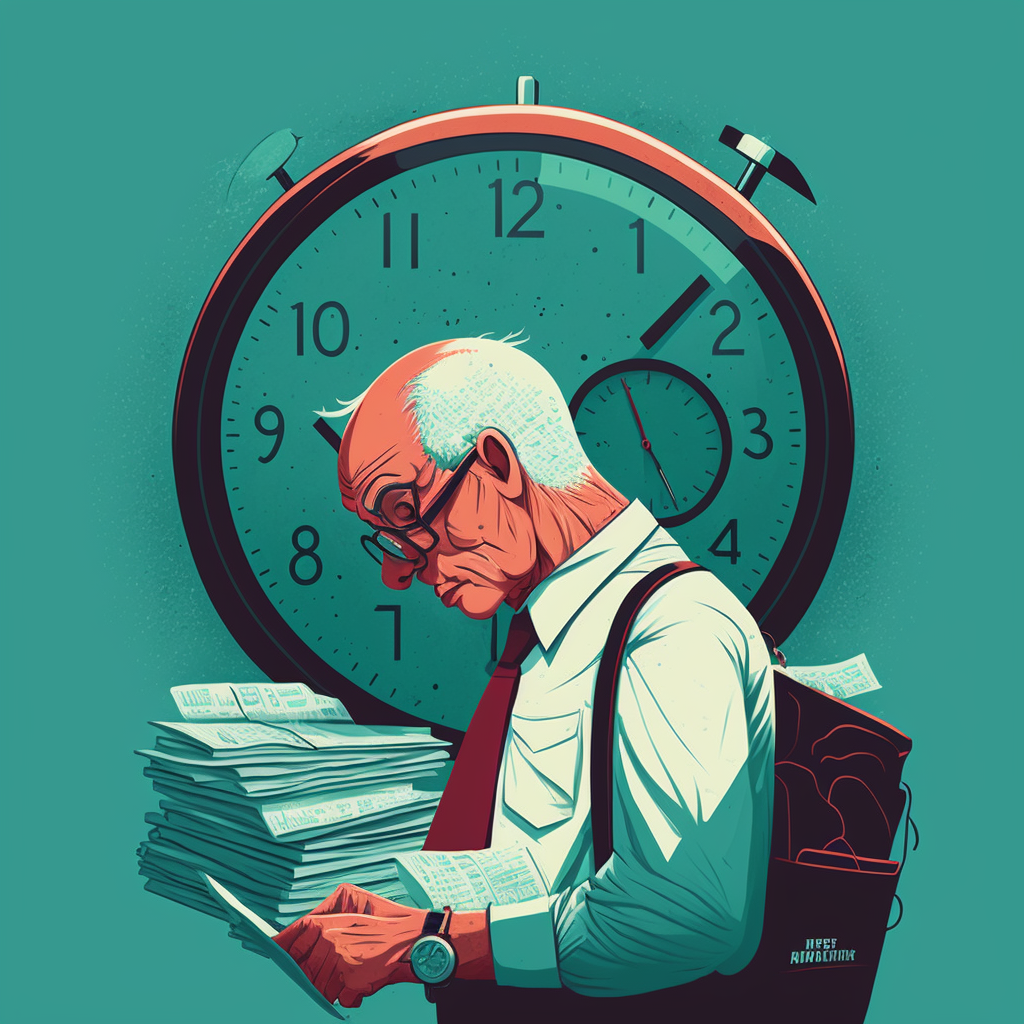Designers are highly valued for their imaginative thinking and meticulous approach to their work. But, what is often overlooked is their skill in managing their time efficiently. In the fast-paced and demanding world of design, keeping track of multiple projects, deadlines, and client expectations can be a difficult task. Despite the challenges, effective time management is essential for designers if they want to achieve success in their careers. With proper planning and organization, designers can improve their productivity, reduce stress levels, and deliver outstanding results.
The Challenges of Time Management for Designers
Designers have a diverse range of responsibilities, and it is not uncommon for them to be working on multiple projects at once. They must juggle the demands of different clients, meet tight deadlines, and maintain the highest standards of quality in their work. This can be a significant source of stress and can lead to burnout if designers are not able to manage their time effectively.
Another challenge designers face is the ever-evolving nature of their work. Design trends are constantly changing, and designers must stay up-to-date with the latest techniques and technologies. This requires a significant investment of time, and designers must be able to balance this ongoing learning process with their regular workload.
The Benefits of Effective Time Management for Designers
Designers have unique responsibilities that require careful attention to detail and time management skills. Whether working on a single project or managing multiple projects at once, designers must be able to prioritize tasks, set realistic deadlines, and allocate their time efficiently.
Effective time management can bring numerous benefits for designers, including:
Increased productivity: By staying organized and focused, designers can complete projects more efficiently, freeing up time for other tasks.
Improved work quality: Allocating sufficient time for each project, rather than rushing to meet tight deadlines, results in higher-quality work.
Reduced stress levels: Designers who manage their time effectively experience less stress and a more balanced work-life relationship.
Increased creativity: Taking regular breaks and maintaining a healthy work-life balance can help improve creativity and increase productivity.
Strategies for Effective Time Management
Set Realistic Deadlines: It is essential for designers to be honest with themselves and their clients about how much time a project will take. Allocating adequate time for each project will result in higher-quality work and reduced stress levels.
Prioritize Tasks: Designers must determine which tasks are essential and which can be deferred or delegated. A prioritized to-do list can help designers stay focused and on track.
Utilize Productivity Tools: Designers can benefit from a wide range of productivity tools, including project management software, calendars, and time-tracking apps, to stay organized and on top of their workload.
Stay Focused: Designers must avoid distractions and stay focused on the task at hand. This can be achieved by setting aside dedicated work hours, minimizing interruptions, and utilizing focus-enhancing tools.
Take Breaks: Regular breaks are essential for recharging and refocusing. Taking short breaks throughout the day can help improve productivity, reduce stress, and increase creativity
By implementing these strategies, designers can manage their time efficiently and deliver high-quality work. Additionally, they can maintain a healthy work-life balance, avoiding stress and burnout.
Tips for Effective Time Management
In addition to the strategies outlined above, there are several tips that designers can implement to further improve their time management skills:
Start the day with a plan: Begin each day with a clear understanding of what tasks need to be accomplished. This can help keep designers focused and on track.
Use the Pomodoro Technique: This time management method involves breaking work into short, focused intervals, separated by short breaks. This can help increase productivity and reduce stress.
Delegate tasks: Designers should not be afraid to delegate tasks to others, such as an assistant or team member. This can help free up time and reduce stress levels.
Avoid multitasking: While it may seem efficient, multitasking can actually reduce productivity and increase stress levels. Instead, designers should focus on one task at a time and complete it before moving on to the next.
Eliminate distractions
Designers should identify and eliminate any distractions in their workspace, such as noise, clutter, or social media notifications. This can help improve focus and increase productivity.
Manage email: Email can be a major source of distraction, especially if designers check it frequently. Designers should set aside specific times to check and respond to emails, and avoid checking them while working on other tasks.
Plan ahead: Designers can save time and reduce stress by planning ahead and anticipating potential challenges or roadblocks. This can help them stay ahead of the curve and make better use of their time.
Say "No" when necessary: Designers should not be afraid to say "no" to requests or tasks that are not essential or do not align with their priorities. This can help free up time for more important tasks and reduce stress levels.
Track progress: Keeping track of progress and accomplishments can help designers stay motivated and on track. This can be done using a project management tool, a to-do list, or simply keeping a log of completed tasks.
Conclusion
In conclusion, effective time management is crucial for designers to achieve success in their careers. With the demanding nature of the design industry and the need to manage multiple projects and client expectations, staying organized and focused is vital. By setting achievable deadlines, prioritizing tasks, utilizing productivity tools, maintaining focus, and taking breaks, designers can significantly improve their work processes and results.
Adopting a structured approach to time management will allow designers to take control of their workload and achieve a more balanced work-life relationship. They can focus on their projects without feeling overwhelmed or stressed, allowing them to deliver their best work. With the right time management strategies in place, designers can reach their full potential and excel in their careers.
In conclusion, effective time management is not just a desirable skill for designers, but it is a necessity for success. With the right tools, techniques, and mindset, designers can maximize their productivity, reduce stress, and deliver top-quality work.
Here is one of my videos where I challenge myself to create daily in 45 Minutes or Less:
https://www.youtube.com/watch?v=TfBXFQ5UIr8&ab_channel=ChrisEllinas



